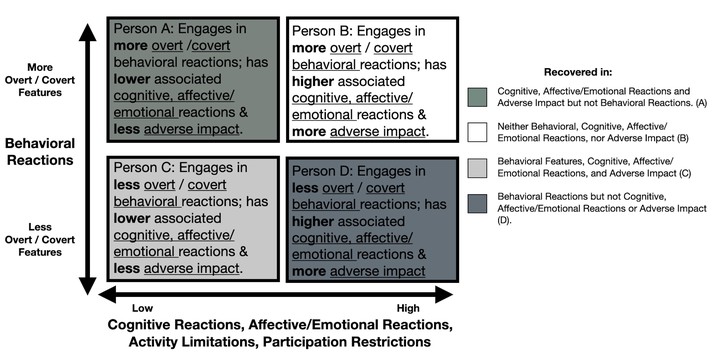Recovery and Relapse- Perspectives From Adults Who Stutter

Abstract
Recovery and relapse relating to stuttering are often defined in terms of the presence or absence of certain types of speech disfluencies as observed by clinicians and researchers. However, it is well documented that the experience of the overall stuttering condition involves more than just the production of stuttered speech disfluencies. This study sought to identify what recovery and relapse mean to 228 people who stutter based on their own unique experiences to account for both the stuttering behaviors and the broader adverse impact of the condition.
Type